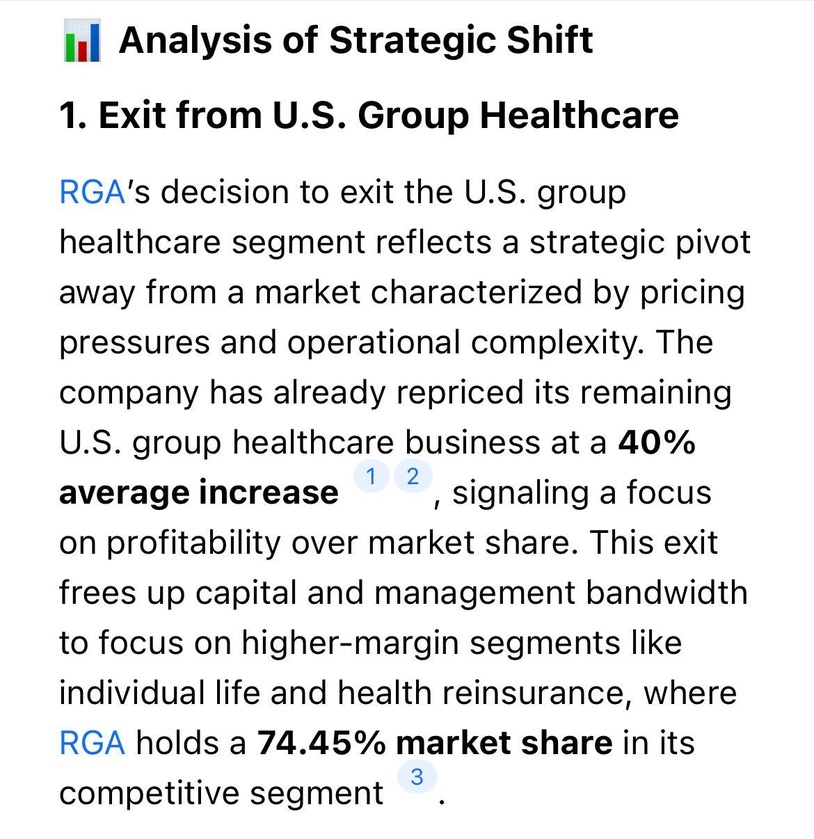
We know what’s coming and we are prepared.
A Russian space nuke absolutely makes sense in military terms:
A high-altitude Nuclear-EMP creates an electric free field incident powerful enough to damage any microcircuitry onboard satellites (see: Starfish Prime Test), especially modern electronics due to increasingly thin structures (therefore electric breakthrough occurs already at relatively low voltages). We are hardening military systems against such EM incidents by shielding, e.g. on a ship using its hull as a Faraday cage. This can't be done on a satellite due to weight constraints.
First, a space nuke would disable recon satellites, both RF (radio frequency) and EO (electro optical), therefore making command blind. Second, it would disable GPS, therefore severely reducing effectiveness of ballistic and cruise missiles guidance (inertial guidance is drifting over time, losing accuracy over longer distances). Third, communication satellites (military but also commercial such as Starlink) would be disabled, leaving troops without orders in time of crisis. Finally, radars are cluttered for days by charged particles bouncing along earth's magnetic field lines, emitting EMI, making air defense and air operations almost impossible.
It would instantaneously nullify most of the US most powerful military assets. It's the ultimate preemptive strike weapon, so it's clear why they would be concerned.
Of course no WW3 will break out, but instead they will use this to beg for more money (as always) to spend on useless high-altitude air defense systems (mainly LMT & RTX, over years to come).
— from a commenter
This guy wrote a 25 line Python script he claims "can probably unredact all of the Epstein files in less than 30 seconds".
"I am not suicidal, I am a great swimmer, and I look forward to living my life well into my 80s."
Follow @RealWideAwakeMedia for more content like this!
Merch: https://wideawake.clothing
X | YT | IG | Rumble
US / Iranian Conflict
Raising to AmCON 3 (Incident Probable)
Due to the following: deteriorating negotiations between the United States and Iran; the surge in the past 48 hours of “final stage” US military assets into the Middle East; vacating US personnel from bases in Syria; the “Fatwa” issued last summer by Iranian clerics in the Summer of 2025 calling Muslims around the world to rise up if Iran is attacked; the numerous reports of Iranians who have infiltrated the US southern border in recent years and the warnings of “sleeper cells” in the United States, AmRRON is raising the AmCON one level, to Level 3 (Incident Probable).
AmRRON Special Guidance and Instructions:
AmRRON will remain at AmCON 3 until further notice, and we will continuously be monitoring the situation. Additional changes to the AmCON level, and any special instructions or guidance, will be posted here, as well as through the AmRRON member Telegram Channel, the AmRRON Corps Z-Net, and the AmRRON Mobile Team App....

If you’re a parent, this should make your stomach drop!
Every year, millions of families across America proudly display school photos of their children.
On refrigerators. In picture frames. Sent to grandparents and relatives across the country.
But here’s what most parents are never told…
Those school photos are taken by Lifetouch — the largest school photography company in America.
Lifetouch is owned by Shutterfly.
Shutterfly was acquired by Apollo Global Management.
And Apollo Global Management was co-founded by Leon Black — a name that appears in the Epstein files.
That means millions of children’s images are uploaded into databases every single year by a corporate structure tied to someone connected to Epstein.
Let that sink in!
https://vxtwitter.com/i/status/2019500982997041332


















